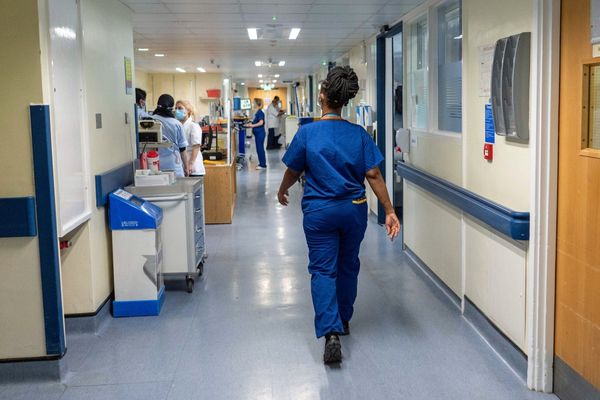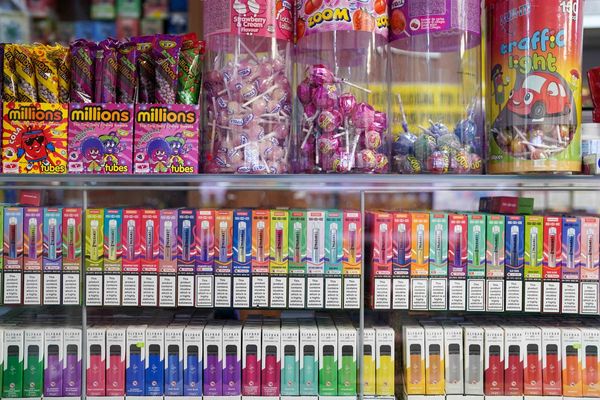
Lewis Hamilton insists Formula 1 cannot “continue to ignore” Africa as he reveals he has spoken to those hoping to stage a grand prix in Rwanda.
As revealed by Autosport in an exclusive interview, F1 bosses have scheduled September talks with representatives of Rwanda as they continue to push on with plans to host a race in the East African country.
Despite the current calendar containing a record 24 races, there could be further stops added at a later date, with plenty of prospective venues eager to get involved in the boom in interest.
The African continent has not staged a round of the F1 championship since the 1993 South African Grand Prix and Hamilton believes it is time the series returned.
Asked at the Dutch Grand Prix if it was the right time for a race to return to Africa, the seven-time world champion replied: “100%. We can't be adding races in other locations and continue to ignore Africa, which the rest of the world just takes from.
“No one gives anything to Africa. There's a huge amount of work that needs to be done there. I think a lot of the world that haven't been there don't realise how beautiful the place is, how vast it is.
“I think having a grand prix there, it would really be able to highlight just how great the place is and bring in tourism and all sorts of things. Why are we not on that continent? And the current excuse is that there's not a track that's ready, but there is at least one track that's ready there.

“In the short term, we should just get on that track and have that part of the calendar and then work on building out something moving forward.”
F1 CEO Stefano Domenicali told Autosport that a meeting had been set up with Rwanda to talk about the project, which he said showed promise.
“They are serious,” said Domenicali. “They have presented a good plan and actually we have a meeting with them at the end of September. It will be on a permanent track.
“We want to go to Africa, but we need to have the right investment, and the right strategic plan.”
Hamilton would be open to discussions on the matter with Domenicali as Rwanda seemingly continues to strengthen its interest in hosting a race.
Rwanda has shown an increasing interest in motor racing, with representatives of the Rwanda Development Board travelling to the Monaco GP this year to meet with the FIA, while the country will also be hosting this year’s FIA Annual General Assembly and Prize Giving Ceremony at its capital city Kigali in December.
“Rwanda is one of my favourite places I've been to actually,” added Hamilton.
“I've been doing a lot of work in the background. I've spoken to people in Rwanda, I've spoken to people in South Africa. But that's a longer project, Rwanda. It's amazing that they're so keen.”
Hamilton, who won two of the three races heading into the summer break, spent the time off visiting a refugee camp in Senegal.
After a family break in Turkey, the Mercedes driver revealed how he then embarked on a trip to Africa.
“I went and travelled through Africa, I maximised my time straight from the airport into activities, history, museums,” he added.
“Just cultural experiences in each of the different countries I went to. But there's so much to take from it. I'm still digesting the trip, if I'm being honest. Going to a refugee camp and seeing the work that is being done there, how people who are displaced are affected.
“It's one thing reading about it or hearing on the news, but actually seeing and speaking to kids who are walking 10 kilometres to get to school just having education and 10km back. Not having school meals ever, not even being able to eat during the day.”
It was during the trip that Hamilton decided he wanted to help the organisations that are in place to offer aid and support to displaced families.
“There's really tough lives over there and it's mostly women and children that are [there]. There wasn't a lot of men there, particularly because they've either [been] killed or taken in the different conflict areas,” he said.

“So that was really heavy to see and experience. And then the history of Senegal and seeing the slave areas, it was really heavy as well to see that, to see what the country's been through, but it's such a beautiful place. But yes, through all those experiences I feel it's adding to my compass of what I want to do more of.
“I've been to Africa before, so it's not like the first time I've seen [or] I've been shocked by anything. And it's not that it upsets me, it just gets me working my mind like, okay, it's great to see organisations doing amazing work. It's like, ‘Hey, what can I do to get on board? How can I help?’ And so that's now what I'm trying to figure out.”







